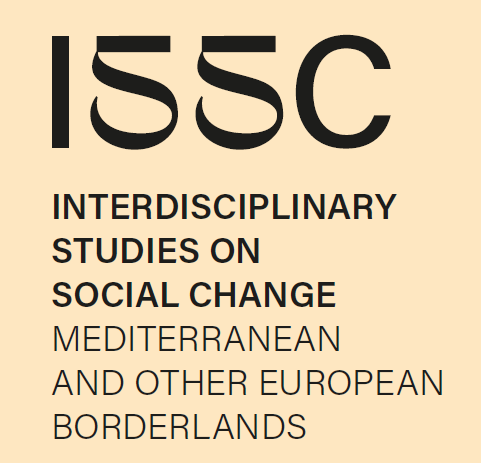Populism has become one of the most widely used terms in today’s rapidly evolving world. Politicians, scholars, and journalists employ its various connotations for diverse purposes. Throughout the course, students will get acquainted with the meaning, nature, and manifestations of populism, as well as dig into major debates surrounding populism. Questions such as whether populism is on the rise or in decline, and whether there are distinctions between populist parties in opposition and those in power, will be explored. Moreover, we will examine how to assess the actions of populists both in positions of power and when they are in opposition.
During the course, we will examine the two primary approaches to populism: the ideational approach and the discursive approach, evaluating their strengths and weaknesses in addressing key questions about populism. We will provide an overview of the waves of populism across different regions of the world and trace its development over the past two centuries.
Throughout the course, we will analyze several case studies encompassing different types of contemporary populism, including right-wing and left-wing variants, nationalist populism, centrist populism, and anti-colonial populism. Eventually, we will explore the interplay between populism and democracy, seeking to identify differences among various forms of populism when they are in positions of power.

